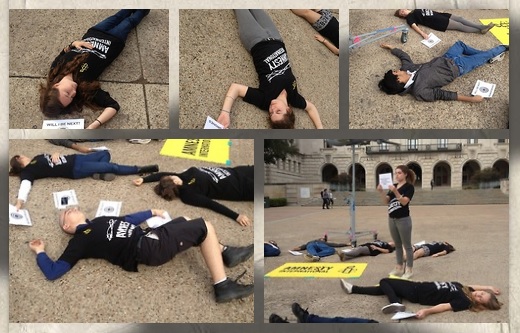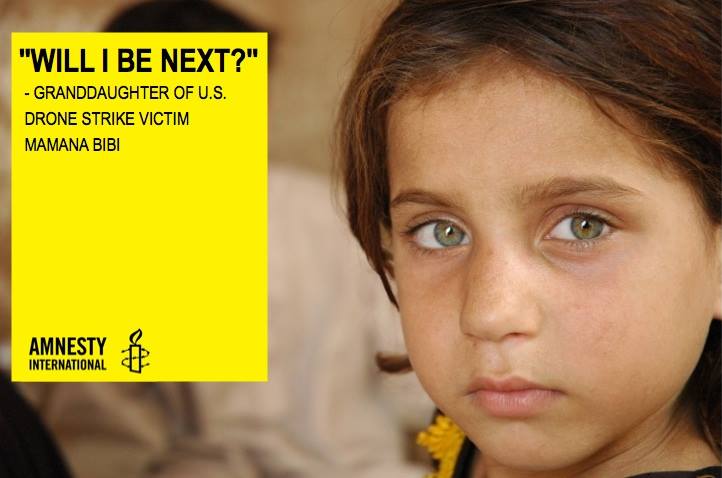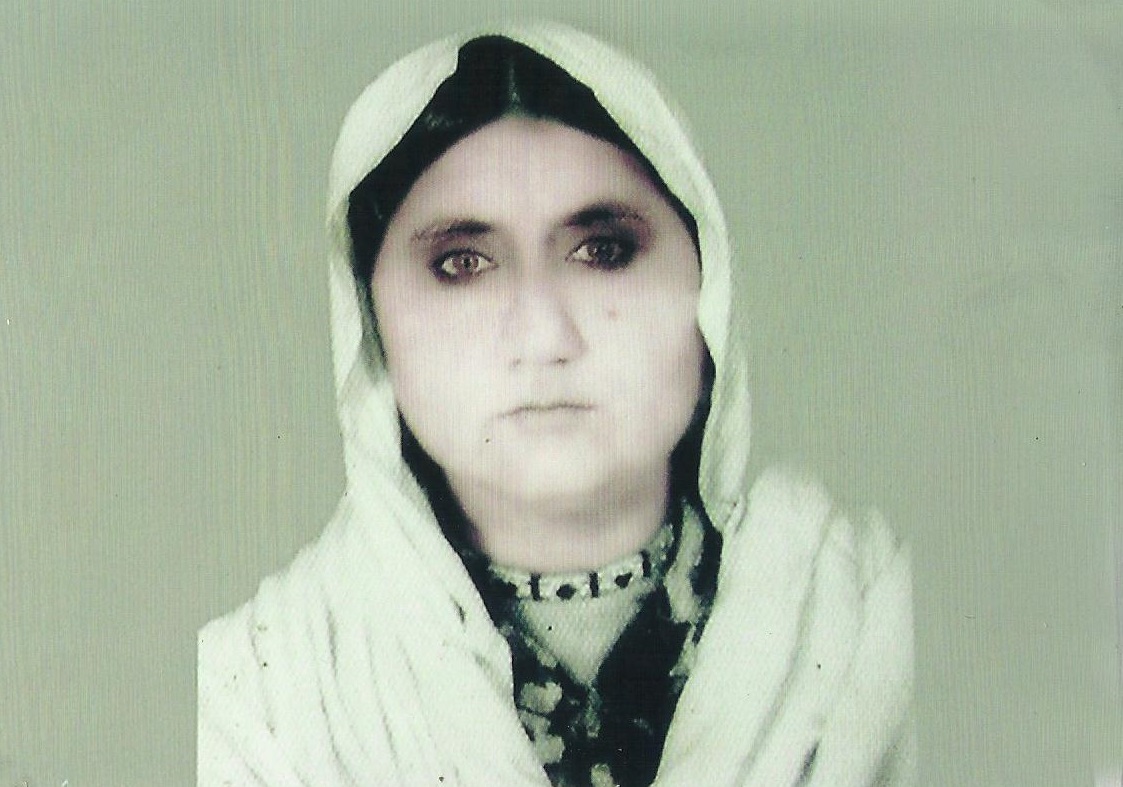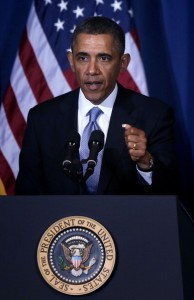Incredibly, the White House is staying silent on yesterday’s news of an alleged drone strike in Yemen that reportedly killed 15 people traveling to a wedding.

“President Obama: End Your #GameOfDrones Now,” University of Texas-Austin
Even though President Obama called civilian casualties “heartbreaking tragedies” in a May 2013 speech, his Administration has been unwilling to acknowledge specific killings, let alone investigate and provide compensation or reparation to survivors and families.
This includes the family of grandmother Mamana Bibi, who was who was struck and killed by a drone’s Hellfire missiles while gathering vegetables in her family’s fields in October 2012. Though her grandchildren visited members of Congress earlier this year, the White House has never publicly recognized the killing or the family’s loss.
“I hope I can return home with a message,” Mamana Bibi’s grandson told members of Congress. “I hope I can tell my community that Americans listened.”
The White House can still change course and ends its policy of secrecy. We are calling on President Obama to publicly commit to investigating all credible reports of potentially unlawful killings, including those documented in our report.
It’s time to stop the silence, and start being accountable.
You can help, sign our petition.
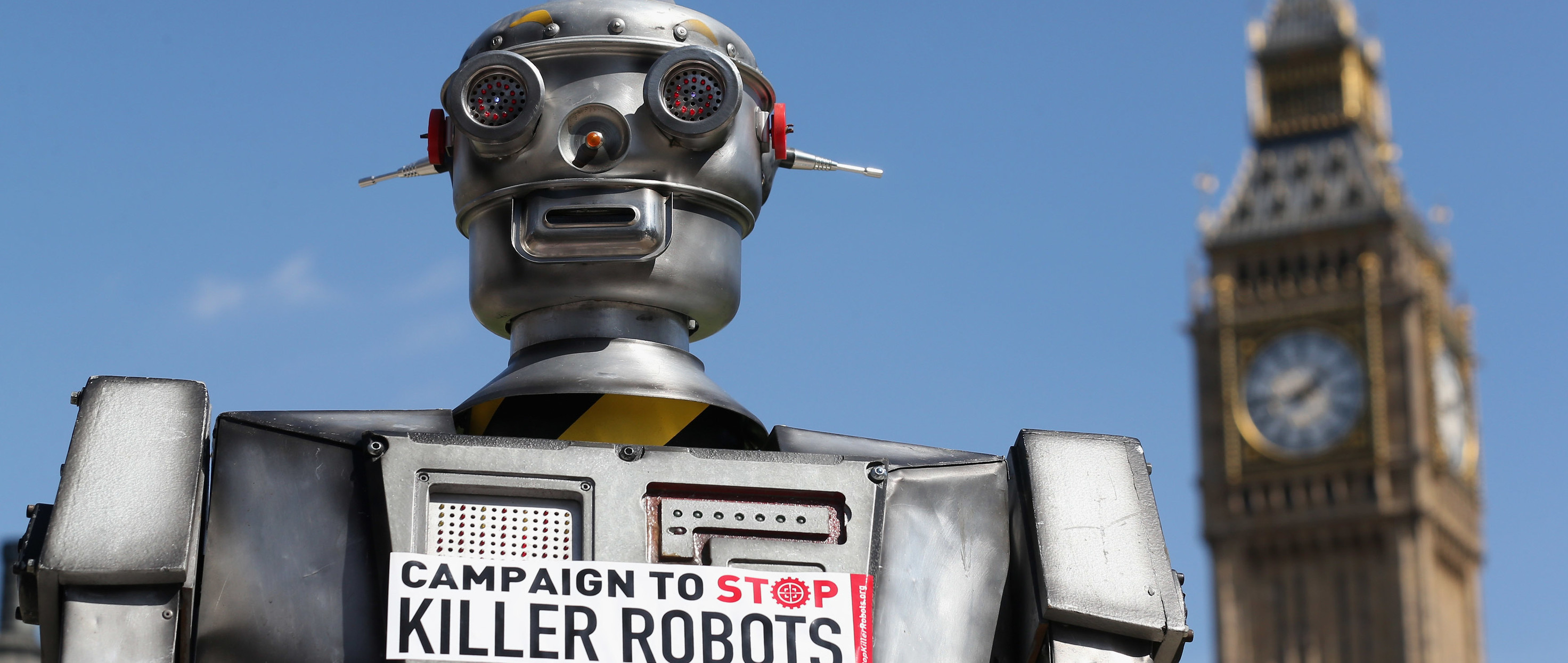
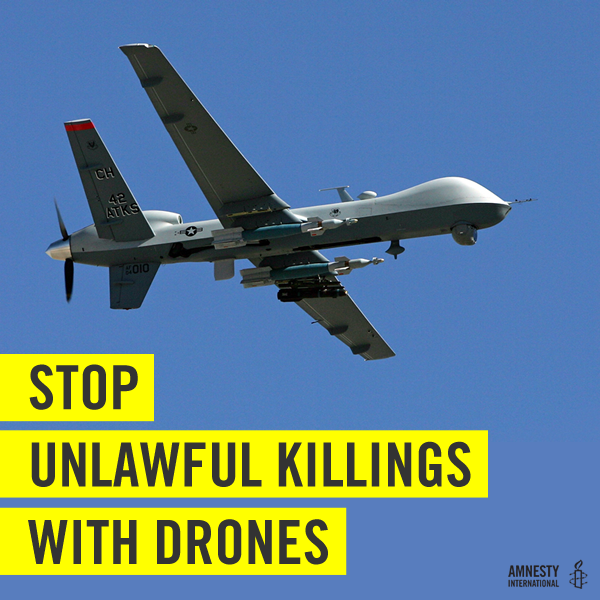
 I see this poster every day in the main hallway of our Amnesty International office: it depicts the Statue of Liberty and reads: “The America I believe in leads the world on human rights.”
I see this poster every day in the main hallway of our Amnesty International office: it depicts the Statue of Liberty and reads: “The America I believe in leads the world on human rights.”
